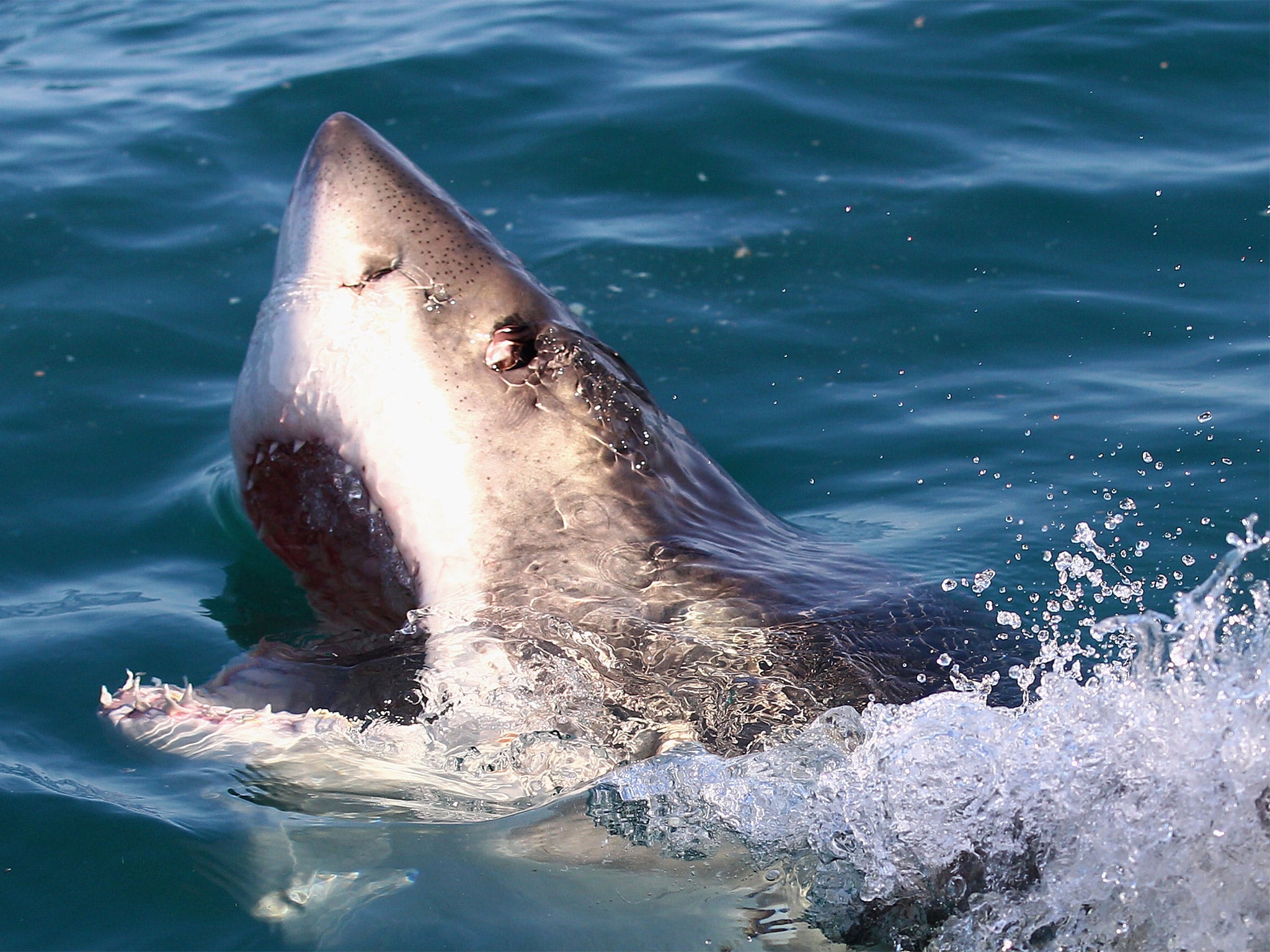Shark summit to focus on big rise in attacks and how to keep killer fish away from beaches
There have been 13 attacks in New South Wales so far this year - up from three in 2014

Your support helps us to tell the story
From reproductive rights to climate change to Big Tech, The Independent is on the ground when the story is developing. Whether it's investigating the financials of Elon Musk's pro-Trump PAC or producing our latest documentary, 'The A Word', which shines a light on the American women fighting for reproductive rights, we know how important it is to parse out the facts from the messaging.
At such a critical moment in US history, we need reporters on the ground. Your donation allows us to keep sending journalists to speak to both sides of the story.
The Independent is trusted by Americans across the entire political spectrum. And unlike many other quality news outlets, we choose not to lock Americans out of our reporting and analysis with paywalls. We believe quality journalism should be available to everyone, paid for by those who can afford it.
Your support makes all the difference.Experts from around the world are meeting in Australia to discuss ways to prevent shark attacks after a recent rise in the number of incidents.
Around 70 leading figures in the field from around the world will gather at the summit in Sydney to discuss ideas to reduce the number of attacks.
Schemes being discussed include a smartphone app that tracks the real-time movements of sharks and surfers and the installation of shark-detecting buoys in the water, the BBC reports.
There have been 13 shark attacks in New South Wales so far this year, with one death.
According to the New Daily newspaper in Australia, a Japanese surfer was killed when a shark bit both his legs and split his board in half while he was surfing on the northern coast of New South Wales earlier this year.

Experts are also proposing reasons for the increased number of shark attacks, including warmer ocean temperatures and more people swimming in the sea. Surfers are believed to be particularly at risk because modern wetsuits mean they are able to stay in the water for longer.
Other methods discussed at the meeting will include magnetic fields to interfere with sharks electroreceptors and building a plastic wall in the sea to prevent sharks coming to shore.
Dr Christopher Neff, from the University of Sydney, said the conference would focus on non-lethal methods as research showed the majority of the public are against culling the sharks.
He told the BBC: "A majority of Ballina residents want the government to educate the public about human-shark encounters, invest in non-lethal technology and back more research into human-shark encounters."
But some local residents, have threatened to "take the law into their own hands" and kill the sharks themselves if action is not taken quickly.
Join our commenting forum
Join thought-provoking conversations, follow other Independent readers and see their replies
Comments